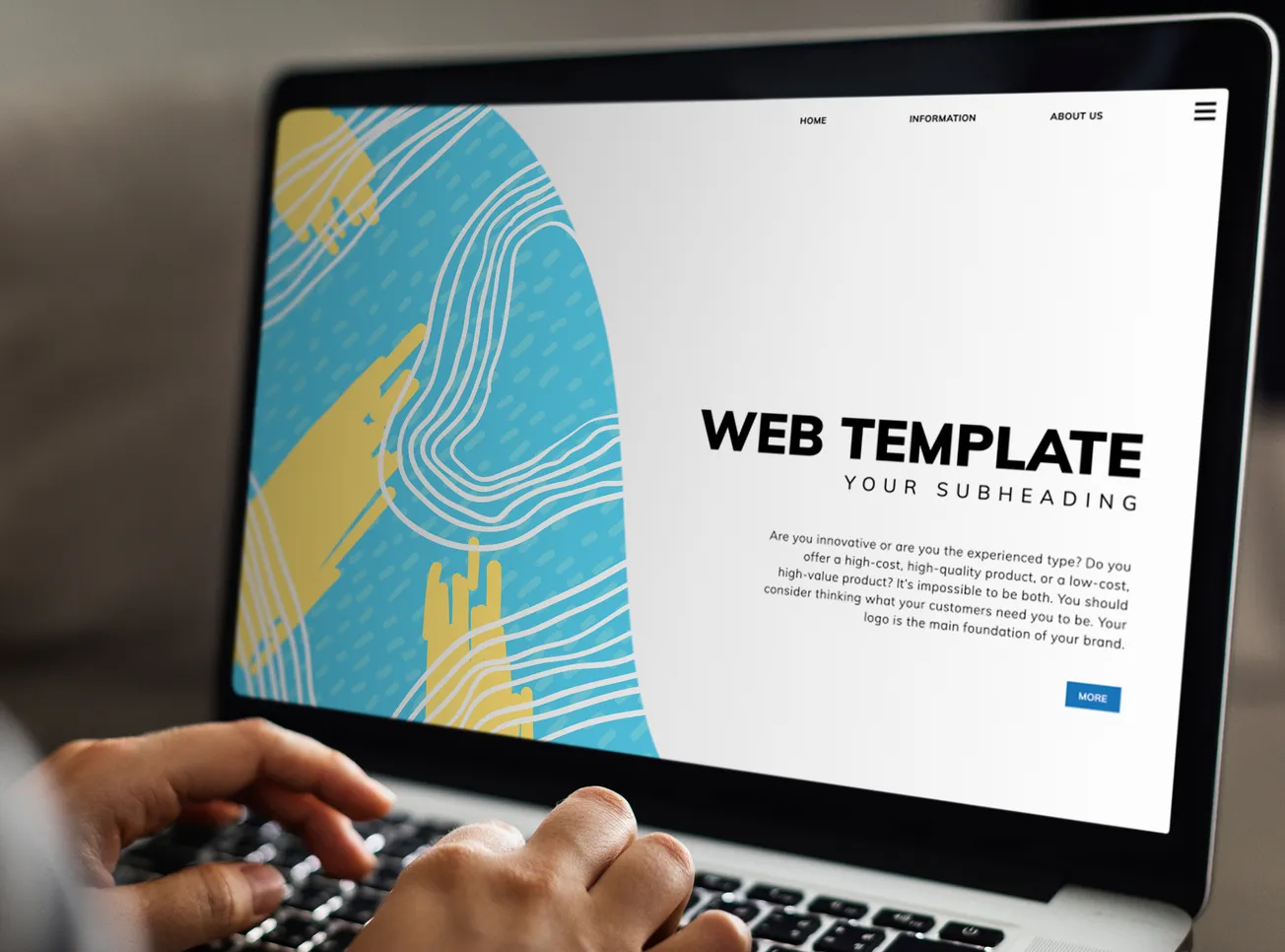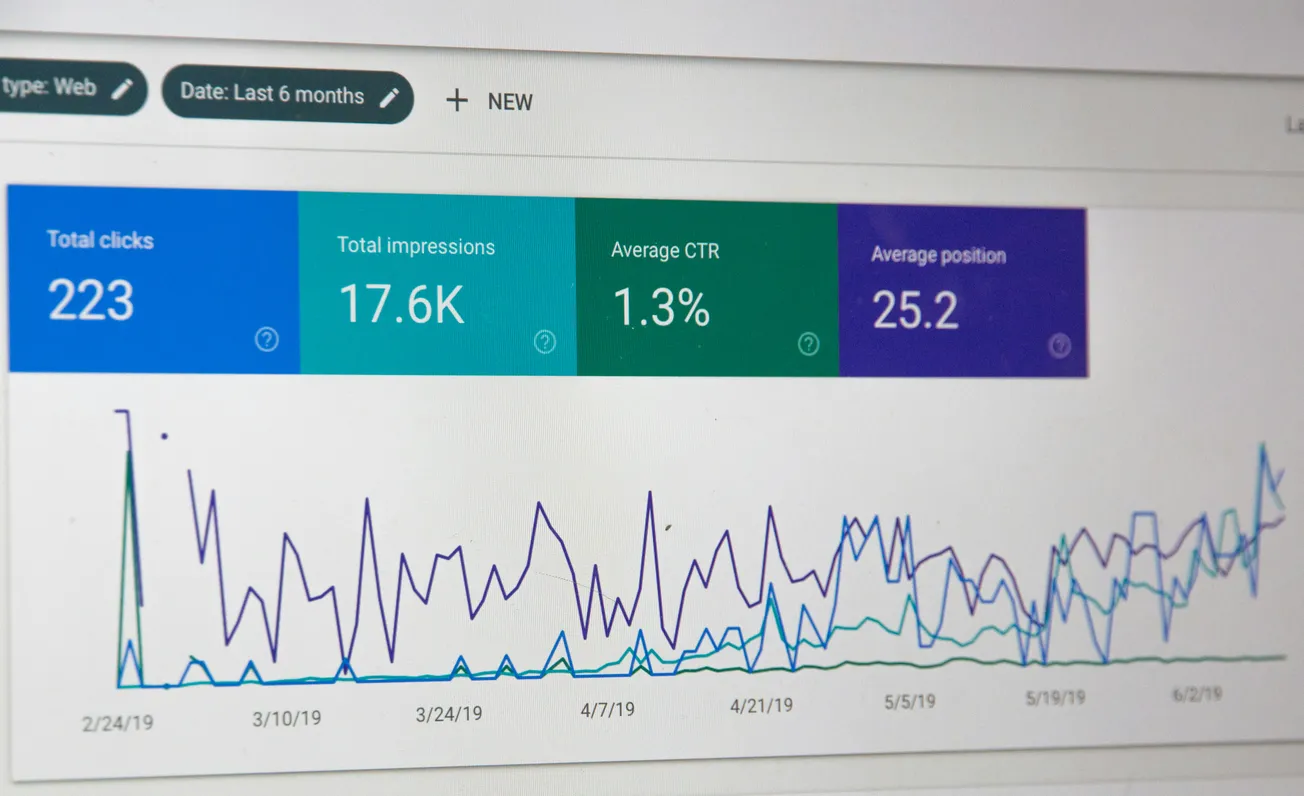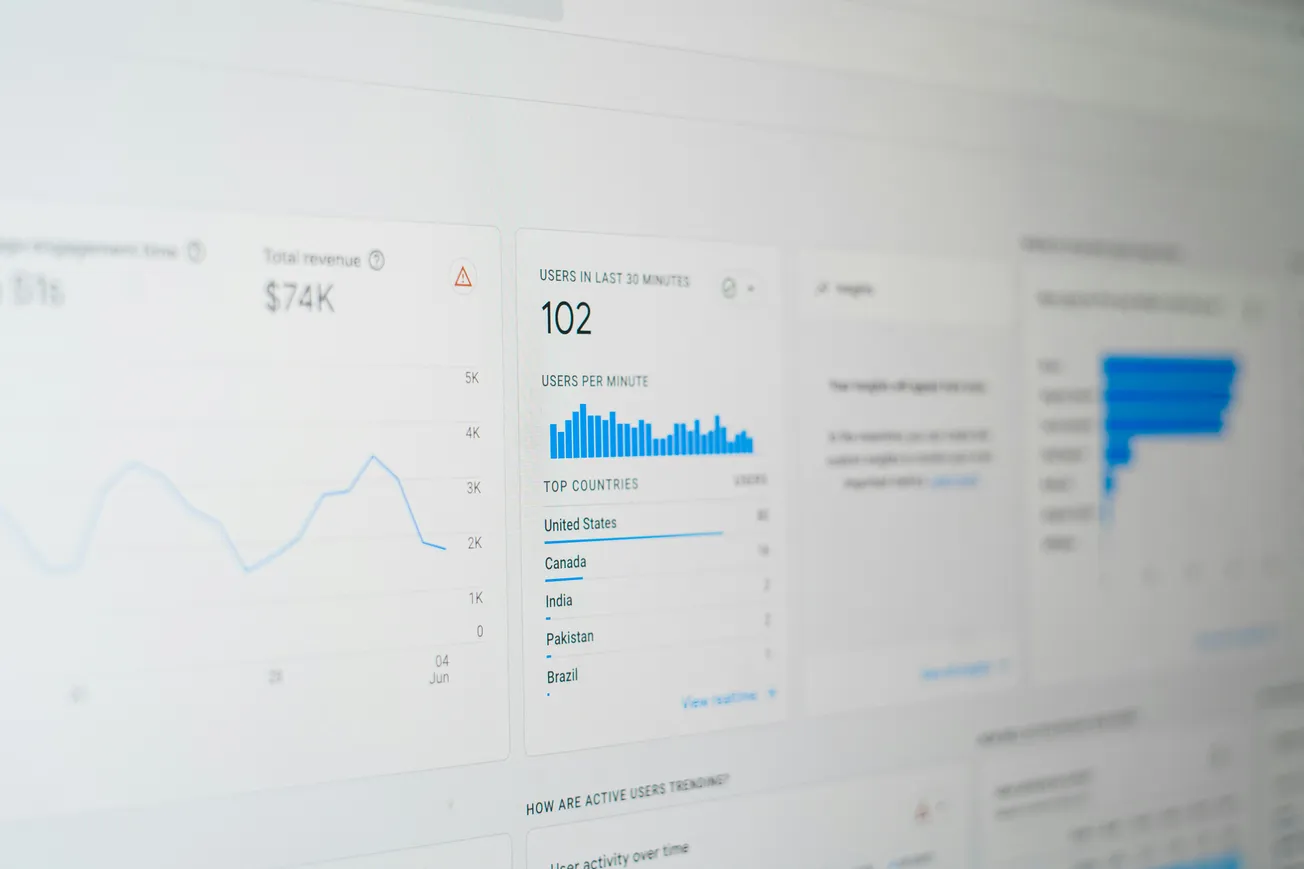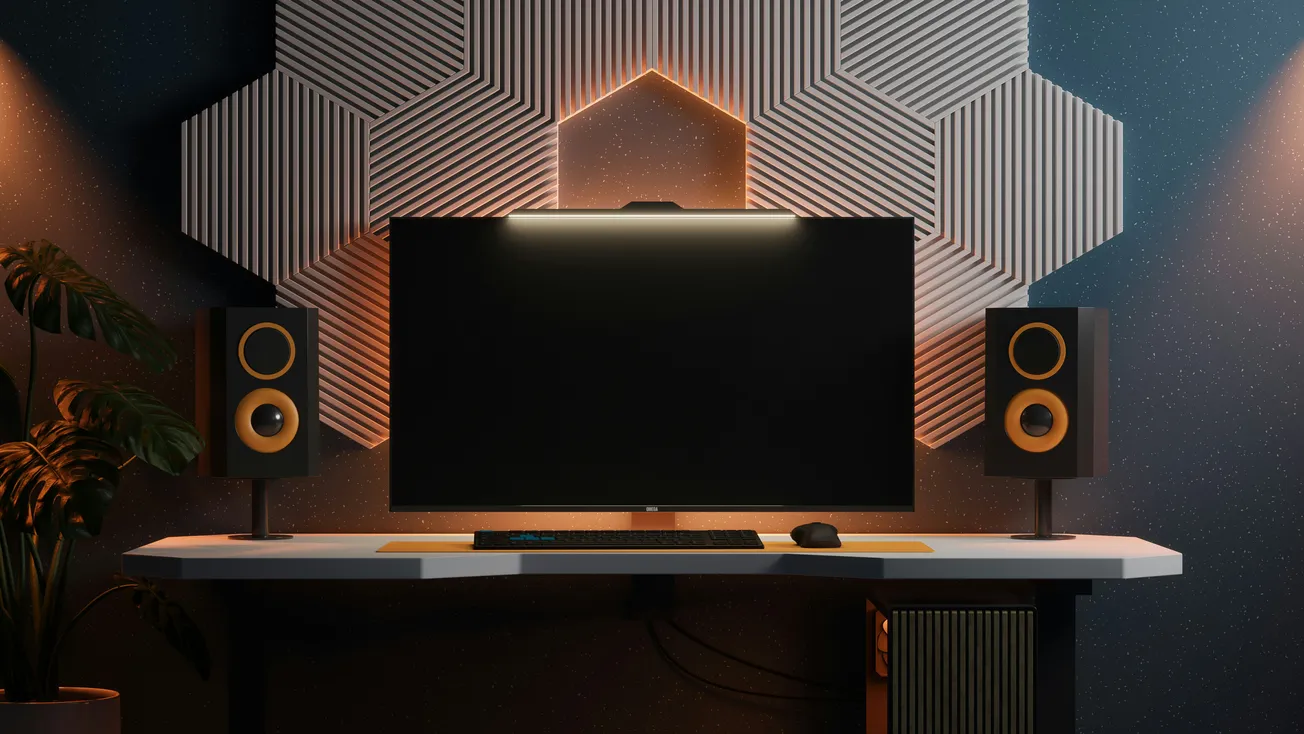In the increasingly competitive world of podcasting, creators are discovering that a compelling audio show is only one part of building a successful brand. Equally critical is the establishment of a strong digital presence, and for many podcasters, this begins with a dedicated website.
Thematic website templates—design frameworks tailored to specific podcast genres and audience expectations—are emerging as essential tools in the podcaster’s toolkit.
These templates not only reflect the tone and content of a podcast but also enhance discoverability, user experience, and engagement.
Visual Identity and User Experience Aligned with Genre
Thematic templates enable podcasters to shape a site that mirrors the tone, aesthetic, and structure of their content.
A true crime show may feature moody tones, stark typography, and suspenseful visuals, while a wellness podcast might lean toward calming palettes and minimalist layouts.
These thematic choices serve a dual purpose: they reinforce branding and create a cohesive experience for the listener who transitions from the audio platform to the web.
In functional terms, these templates offer pre-built episode galleries, integrated audio players, subscription links, and newsletter sign-ups. The result is a professional-looking site that’s easy to navigate and encourages audience retention.
Podcasters can choose from ready-made designs or use platforms with customizable options to tailor elements to their needs.
Hosting Providers Embrace Integrated Website Solutions
A growing number of podcast hosting platforms now offer built-in tools to help podcasters build and maintain a web presence without needing separate web development resources.
Transistor.fm recently launched its “Beacon” themes, giving creators an updated set of modern, mobile-responsive templates that automatically update with each new episode. The service emphasizes simplicity and speed, offering an all-in-one solution for hosting and promoting podcasts.
Podpage and Podcastpage.io go further by generating entire websites from RSS feeds.
Once a podcaster submits their show feed, these platforms generate a live site, automatically populating episode content, metadata, and artwork.
Podpage, in particular, offers a “set it and forget it” experience, ideal for creators who want to focus on content rather than code.
Castos, another podcast host, offers a deep integration with WordPress through its Seriously Simple Podcasting plugin, giving podcasters granular control over their site if they already use WordPress.
Podbean, meanwhile, offers drag-and-drop tools and visual themes directly within its hosting plans, providing a streamlined solution for creators who want to avoid third-party website builders.
Website Builders Expand into the Podcasting Space
Outside of dedicated podcast hosts, major website builders have introduced podcast-specific offerings.
Wix, for example, includes templates such as “Design Blog and Podcast,” designed for creators who want to mix audio content with written editorial. Its user-friendly interface and wide range of design options make it suitable for podcasters at various levels of technical proficiency.
Squarespace, long popular with creatives, offers themes geared toward audio storytelling, with podcast RSS feed integration, episode archives, and analytics baked in. Webflow, targeting more design-savvy users, offers advanced customization and CMS functionality.
Templates like “NFT Talk” and “Podcall” allow podcasters to develop sleek, interactive websites with unique designs and dynamic content management.
These builders position themselves not just as aesthetic tools, but as functional platforms that support newsletter integrations, monetization through merch stores or memberships, and SEO-focused blogging features.
Pricing and Accessibility
The cost of launching a themed podcast website varies by platform and feature set.
Podpage’s free tier includes basic website functionality, while its Pro plan at $12/month unlocks advanced customization and marketing tools.
Podcastpage.io starts at $8/month, offering a fully featured experience for budget-conscious users.
Wix and Squarespace begin their premium offerings at $16/month, which includes custom domains and full access to templates and integrations.
Webflow’s CMS plans, appropriate for podcasters managing a larger volume of content or more complex site structures, also begin at $16/month.
For podcast hosts like Transistor, Podbean, and Castos, website functionality is bundled into broader podcast hosting packages. This can simplify billing and setup, especially for independent creators managing multiple aspects of production.
Strategic Benefits of a Thematic Online Presence
A well-structured podcast website serves multiple strategic functions.
First, it enhances discoverability through improved search engine optimization, helping new listeners find episodes and topics relevant to their interests.
Second, it allows podcasters to cultivate deeper audience relationships by offering content beyond the audio—such as blog posts, behind-the-scenes updates, or listener feedback forms.
Third, it unlocks monetization pathways. Integrated e-commerce tools make it easier to sell merchandise, collect donations, or promote premium content.
Lastly, a podcast website provides data insights via analytics dashboards, revealing trends in listener behavior, referral sources, and content engagement that can inform programming decisions.
Conclusion
As podcasting matures into a multifaceted media industry, thematic website templates have proven to be more than a visual enhancement—they are vital infrastructure for audience engagement and brand development.
Whether podcasters choose a turnkey site from a platform like Podpage or build a custom design through Squarespace or Webflow, the options today are richer and more accessible than ever.
The result is a digital ecosystem where a podcast’s online presence is as distinctive and compelling as its voice.







